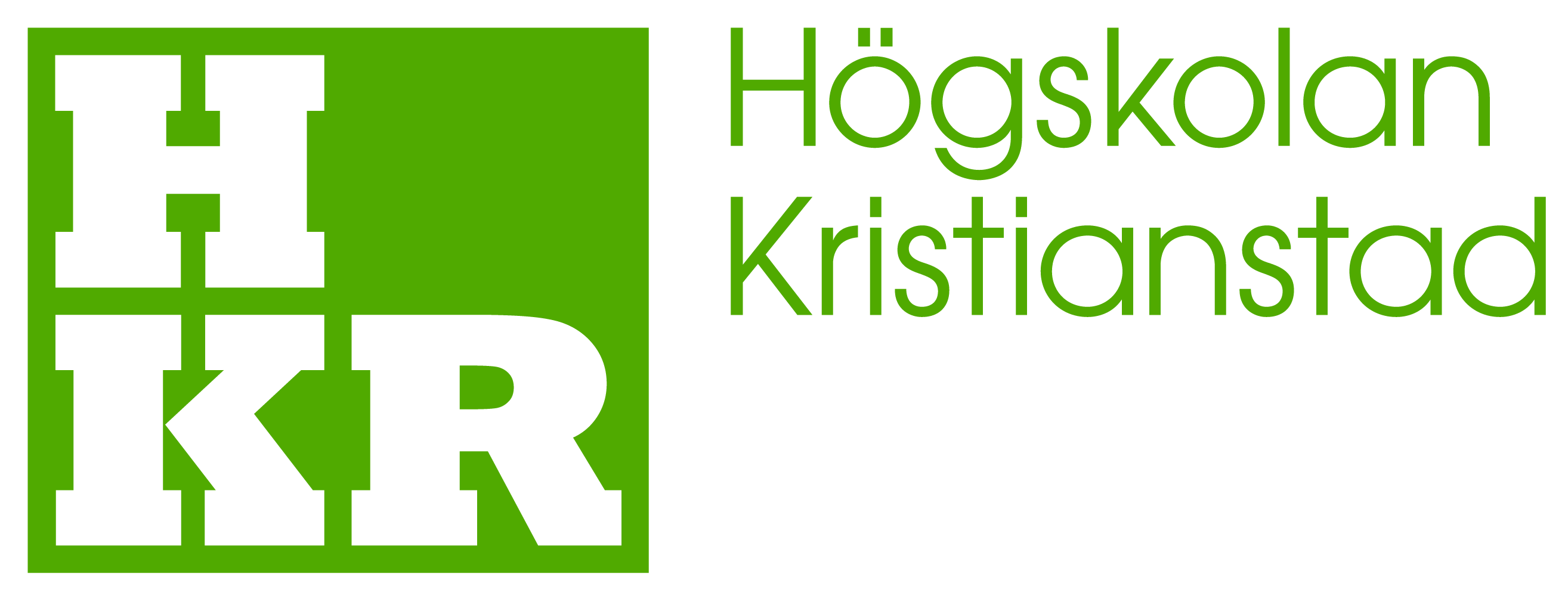Critical discourse analysis : the critical study of language / Norman Fairclough.
Språk: Engelska Serie: Longman applied linguisticsUtgivningsuppgift: Harlow : Longman, 2010Utgåva: 2. edBeskrivning: xi, 591 s. 24 cmISBN:- 1405858222
- 9781405858229
- 306.44 22
- P302
- O:dd
- F:oa
- F.064
- F.024
| Exemplartyp | Aktuellt bibliotek | Placering | Hyllsignatur | Status | Streckkod | |
|---|---|---|---|---|---|---|
| Bok | Biblioteket HKR | Biblioteket | 306.44 Fairclough | Tillgänglig | 11156000176378 |
Antal reservationer: 0
Förbättrade beskrivningar från Syndetics:
Bringing together papers written by Norman Fairclough over a 25 year period, Critical Discourse Analysis represents a comprehensive and important contribution to the development of this popular field.
The book is divided into seven sections covering the following themes:
language in relation to ideology and power discourse in processes of social and cultural change dialectics of discourse, dialectical relations between discourse and other moments of social life methodology of critical discourse analysis research analysis of political discourse discourse in globalisation and transition critical language awareness in educationThe new edition has been extensively revised and enlarged to include a total of twenty two papers. It will be of value to researchers in the subject and should prove essential reading for advanced undergraduate and postgraduate students in Linguistics and other areas of social science.
Previous ed.: 1995.
Includes bibliographical references and index.
Dawson
Innehållsförteckning levererad av Syndetics
- Series editor's preface (p. vii)
- Acknowledgements (p. xii)
- General introduction (p. 1)
- Section A Language, ideology and power (p. 23)
- Introduction (p. 25)
- 1 Critical and descriptive goals in discourse analysis (p. 30)
- 2 Language and ideology (p. 56)
- 3 Semiosis, ideology and mediation. A dialectical view (p. 69)
- Section B Discourse and sociocultural change (p. 85)
- Introduction (p. 87)
- 4 Critical discourse analysis and the marketisation of public discourse: the universities (p. 91)
- 5 Discourse, change and hegemony (p. 126)
- 6 Ideology and identity change in political television (p. 146)
- Section C Dialectics of discourse: theoretical developments (p. 161)
- Introduction (p. 163)
- 7 Discourse, social theory, and social research: the discourse of welfare reform (p. 167)
- 8 Critical realism and semiosis (p. 202)
- Section D Methodology in Cda research (p. 223)
- Introduction (p. 2245)
- 9 A dialectical-relational approach to critical discourse analysis in social research (p. 230)
- 10 Understanding the new management ideology. A transdisciplinary contribution from critical d iscourse analysis and the new sociology of capitalism (with Eve Chiapello) (p. 255)
- 11 Critical discourse analysis in researching language in the new capitalism: overdeterrnination, transdisciplinarity and textual analysis (p. 281)
- 12 Marx as a critical discourse analyst: the genesis of a critical method and its relevance to the critique of global capital(with Phil Graham) (p. 301)
- 13 Critical discourse analysis, organisational discourse and organisational change (p. 347)
- Section E Political discourse (p. 375)
- Introduction (p. 377)
- 14 New Labour: a language perspective (p. 380)
- 15 Democracy and the public sphere in critical research on discourse (p. 392)
- 16 Critical discourse analysis and citizenship (p. 412)
- 17 'Political correctness': the politics of culture and language (p. 437)
- Section F Globalisation and 'transition' (p. 449)
- Introduction (p. 451)
- 18 Language and globalisation (p. 454)
- 19 Global capitalism, terrorism and war: a discourse-analytical perspective (p. 478)
- 20 Discourse and 'transition' in Central and Eastern Europe (p. 503)
- Section G Language and education (p. 527)
- Introduction (p. 529)
- 21 Critical language awareness and self-identity in education (p. 531)
- 22 Global capitalism and critical awareness of language (p. 544)
- Bibliography and references (p. 558)
- Index (p. 582)
